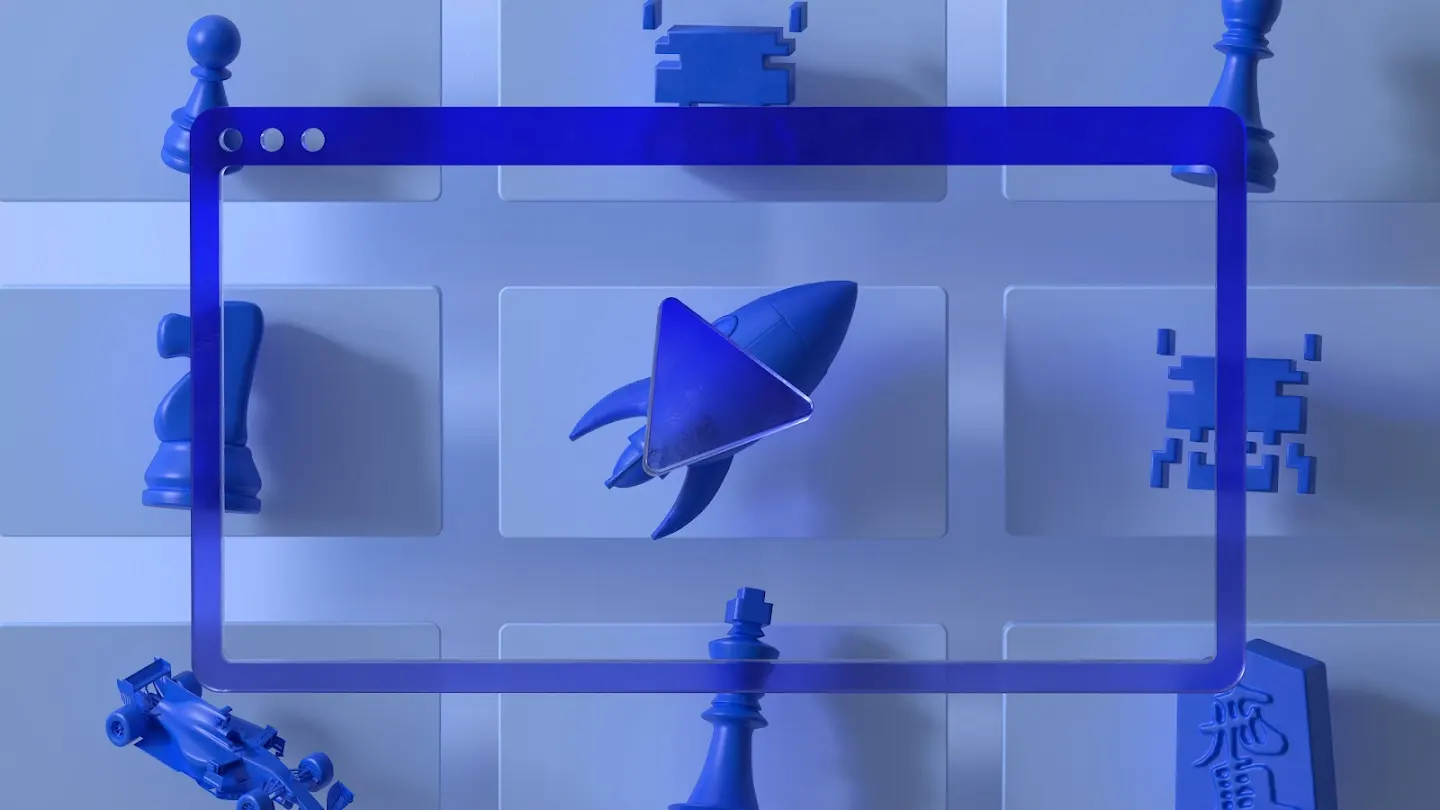Deepmind: MuZero saves Google a lot of money

Deepmind's AI innovations will be further integrated into Google's ecosystem with MuZero.
With MuZero, Deepmind unveiled a new AI model in late 2019 that can match the results of previous successful AI systems like AlphaGo Zero, while also learning and completing other board games or even computer games at a high standard.
The special feature of MuZero is that the AI is trained model-free, i.e. without human input. During AI training, it creates its own model of a specific task, such as the rules of the game.
MuZero is, therefore, more universally applicable and, according to Deepmind, "a huge step forward towards the pursuit of general-purpose algorithms."
Deepmind gamifies video compression for AI training
Now, Deepmind announces the first practical application of MuZero for Google services: A video compression-trained version of MuZero is designed to reduce the amount of streamed data from YouTube videos by four percent. Deepmind hinted at this use case for video compression at the official MuZero unveiling already in December 2020.
According to Deepmind, MuZero video compression is already in use on a portion of YouTube videos and achieves "an average bitrate reduction of 4 percent across a large number of different videos" without noticeably reducing the quality of the videos.
To do this, the Deepmind researchers turned YouTube image analysis into a kind of AI video game: the company turned different video quality and bitrate metrics into a single metric, which MuZero then optimized in competition with itself for each frame of a video. More dynamic, complex scenes need a higher bitrate than static ones.
Whenever MuZero was able to bump the metric up, the AI system received a reward signal in the form of a score. Similarly, MuZero previously learned Go or chess.
A "small step" toward universal everyday AI
Four percent savings may not sound like much, but with the gigantic data traffic of YouTube and other streaming offerings, it's a significant difference for overall Internet traffic. Areas with poorly developed Internet, in particular, could benefit from this. Reduced data traffic also helps the environment.
"Analysts predicted that streaming video will have accounted for the vast majority of internet traffic in 2021. With video surging during the COVID-19 pandemic and the total amount of internet traffic expected to grow in the future, video compression is an increasingly important problem," Deepmind's MuZero team writes.
For this reason, Deepmind sees YouTube's AI video compression as an example of how MuZero can solve relevant problems outside the lab in the real world. Other applications are to follow.
"Our long-term vision is to develop a single algorithm capable of optimising thousands of real-world systems across a variety of domains," Deepmind writes, sharing Google AI's vision with the AI architecture Pathways.
Indirectly, another use case for MuZero already exists: the U.S. Air Force first used ARTUµ to control sensors and tactical navigation systems in flight. The algorithm is based on MuZero.
AI News Without the Hype – Curated by Humans
As a THE DECODER subscriber, you get ad-free reading, our weekly AI newsletter, the exclusive "AI Radar" Frontier Report 6× per year, access to comments, and our complete archive.
Subscribe nowAI news without the hype
Curated by humans.
- Over 20 percent launch discount.
- Read without distractions – no Google ads.
- Access to comments and community discussions.
- Weekly AI newsletter.
- 6 times a year: “AI Radar” – deep dives on key AI topics.
- Up to 25 % off on KI Pro online events.
- Access to our full ten-year archive.
- Get the latest AI news from The Decoder.